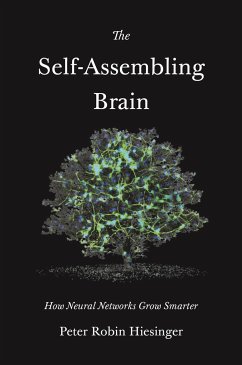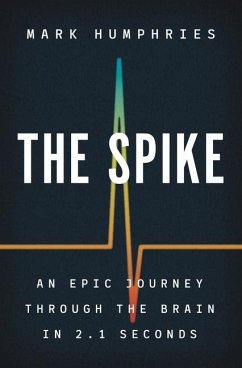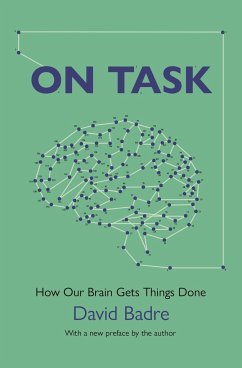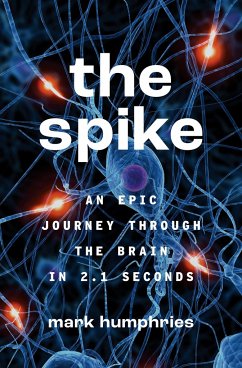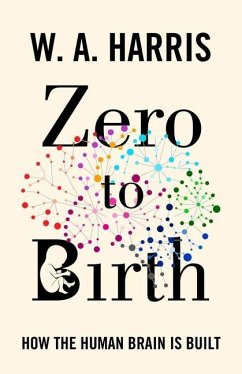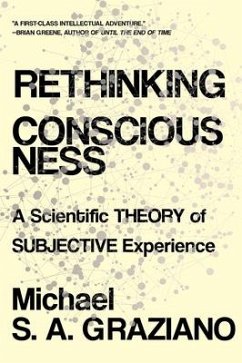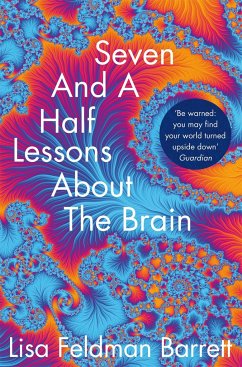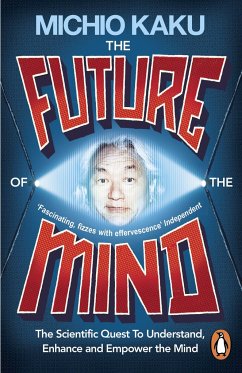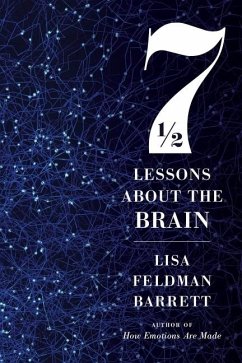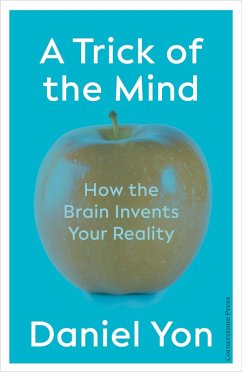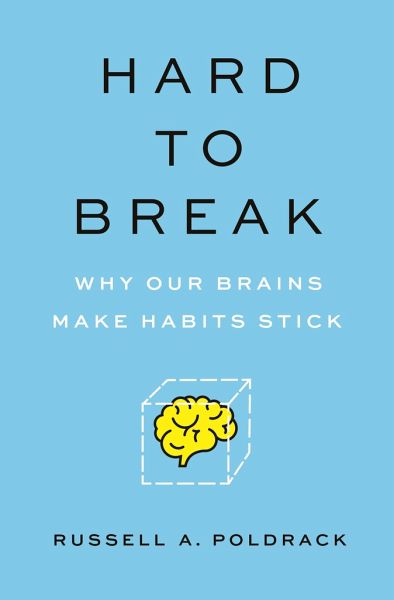
Hard to Break
Why Our Brains Make Habits Stick

PAYBACK Punkte
13 °P sammeln!
"Well-publicized research in psychology tells us that over half of our attempts to change habitual behavior fail within one year. Even without reading the research, most of us will intuitively sense the truth in this, as we have all tried and failed to rid ourselves of one bad habit or another. The human story of habits and the difficulty of change has been told in many books - most of which will make only a quick reference to dopamine or the "lizard brain" before moving on to practical tips and tricks for behavior change. In contrast, Stuck: The Neuroscience of Why Changing Our Behavior is So...
"Well-publicized research in psychology tells us that over half of our attempts to change habitual behavior fail within one year. Even without reading the research, most of us will intuitively sense the truth in this, as we have all tried and failed to rid ourselves of one bad habit or another. The human story of habits and the difficulty of change has been told in many books - most of which will make only a quick reference to dopamine or the "lizard brain" before moving on to practical tips and tricks for behavior change. In contrast, Stuck: The Neuroscience of Why Changing Our Behavior is So Hard will tell the brain's story about why behavior is so hard to change. Russell Poldrack offers an in-depth, yet entirely accessible, guide to the neuroscientific research on habits and habit change. Part I introduces the "anatomy of a habit," starting with the argument that the resilience of our habits stems largely from a mismatch between the environment in which our brains evolved and the one in which we now live, and continuing on to introduce current work on fear and anxiety, motivation, and cognitive control that bears on habit formation. Part II focuses on what neuroscience can tell us about breaking habits, introducing evidence-based strategies that give us the best possible chance to break cycles of bad behavior. Throughout the book, Poldrack offers a clear-eyed view of what neuroscience can tell us about habit change, and what it cannot - and importantly, how we know what we know"--




